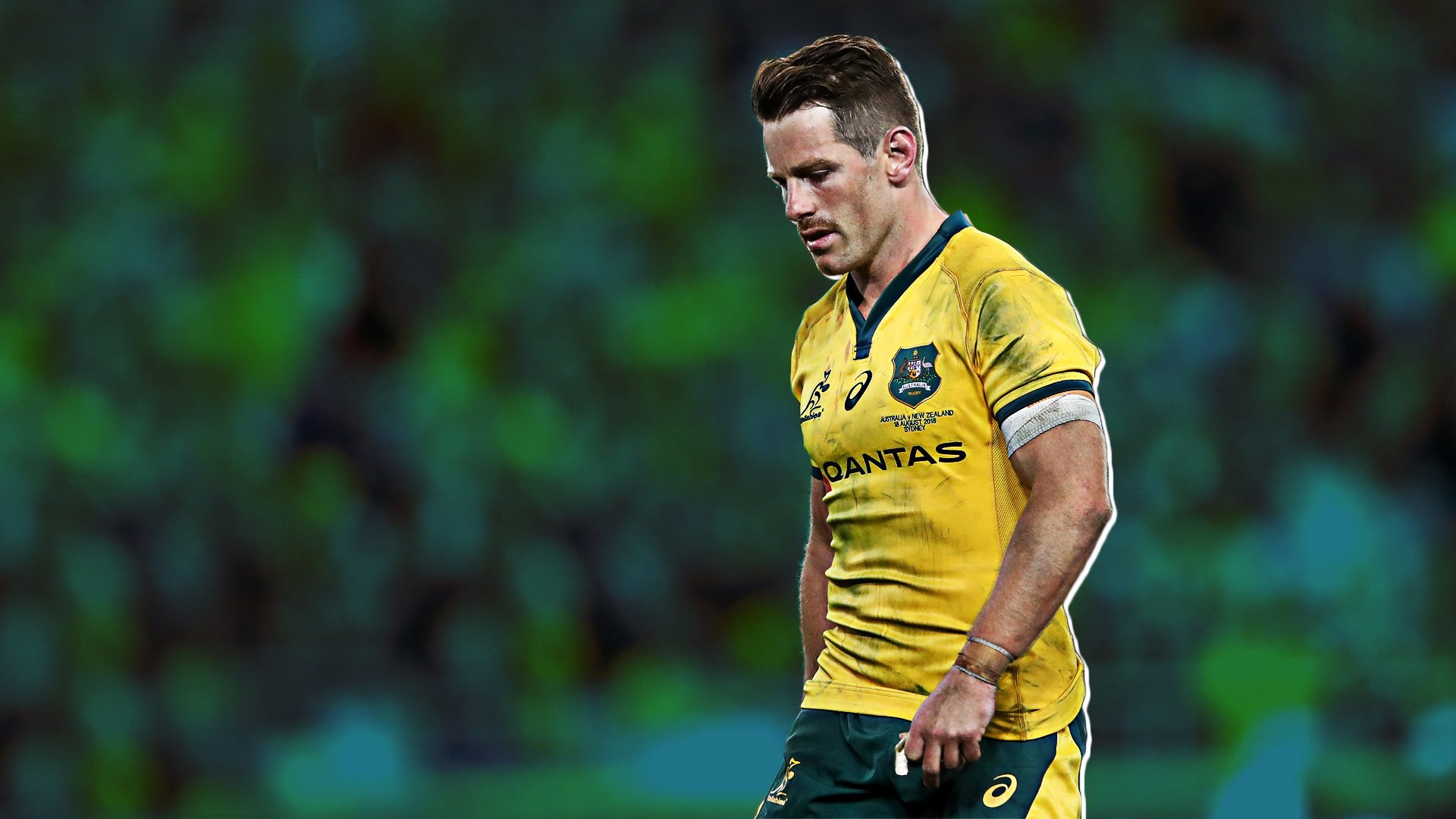The continual failure of the Wallabies three-first approach

When Michael Hooper explained to the ref that the All Blacks infringing had ‘cost them two tries now’ when deep inside their 22, he was not entirely correct. His inference was that he had no other option than to take the points on offer, which is completely false. The ref simply awards the penalty and the captain decides what to do.
The option is all his, and no one else is responsible. He decided to take shots at goal, instead of using the penalty as an opportunity to score a try. Don’t blame the All Blacks for your decisions.
You cost your side opportunities to score tries, Hooper, because you wanted three points instead.
The Wallabies three-first approach is a conservative strategy they continue to run, and it continues to fail them. Despite being down 6-0 in the first half, the All Blacks repeatedly turned down kickable goals in favour of playing for tries.
That is not an insignificant difference. It explains, in part, why the All Blacks are leap years ahead of their Wallaby counterparts. Their relentless attacking mindset eventually tells and points come by the bucket load. The commitment to exploring with the ball has honed the skills required to score more tries.
And at the moment it is working. They averaged 35.8 points a game last year, this year over 42.
This has shifted All Blacks test rugby into a different age that requires the same approach to match them – you can’t take a knife to a gunfight. The French came up against the same problem in June.
The Wallabies do not possess the ability to defend small leads and play an accumulation game by taking incremental threes, very few teams do.
One of the signs that you are actually one of those teams is when the All Blacks respect you enough to take three themselves. The Wallabies should take note, Barrett kicks to the corner at every opportunity.
Heading into the half, the forty or so minutes the Wallabies spent building a 6-0 lead almost disappeared in less than thirty seconds when Ben Smith made a break and Aaron Smith crossed over with smart inter-linking play. Had Barrett kicked the conversion, their lead would have been erased with apparent ease.
The Wallabies had, for the most part, controlled the first half well but had next to nothing to show for it. Had they used the territorial opportunities they had to play for tries and managed to build a significant 21-0 lead, the match could’ve been vastly different. Just watch game two in Dunedin last year, where they raced out to an early 17-0 lead. The game was decided in the final few minutes.
There are times to kick for three, but perhaps this is better suited in the closing stages to stretch a one-score game to a two-score one or vice versa. The Wallabies will be better off using any and all other opportunities to attack the All Blacks on their own line. If they prove to be in the game in the final ten minutes, then make the call to kick goals.
If you can’t score tries against them, you won’t win the game. And you will need a lot of tries.
Heading into ‘mission impossible’ at Eden Park, the Wallabies have nothing to lose. It’s time for Cheika to innovate, open up the playbook, throw some punches and abandon the three – until they really need it.



































































